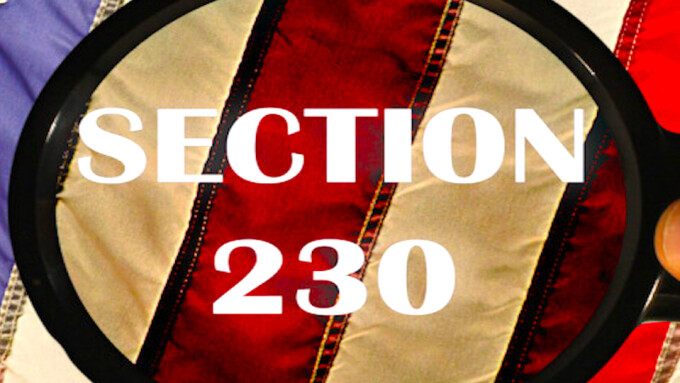WASHINGTON — The U.S. Supreme Court today heard oral arguments on the second of two important cases concerning online speech, content moderation and Section 230 protections.
Today’s oral arguments were on the case Twitter v. Taamneh, in which the platform is being sued by the family of Nawras Alassaf, a Jordanian citizen killed in a 2017 ISIS attack in Istanbul. The plaintiffs allege that Twitter contributed to the Istanbul attack “by hosting content unrelated to the specific incident,” CNN reported.
On Feb. 21 the court heard oral arguments in Gonzalez v. Google, which deals directly with a request to narrow Section 230 protections. By contrast, Twitter v. Taamneh concerns whether the anti-terrorism laws underlying both cases can even be applied to content moderation, before any Section 230 protections can be invoked.
According to CNN legal analysts, the Supreme Court during both hearings appeared “reluctant to hand down the kind of sweeping ruling about liability for terrorist content on social media that some feared would upend the internet.”
The court’s conservative justices, the CNN report noted, “appeared more open to Twitter’s arguments that it is not liable under the Anti-Terrorism Act, with Justice Amy Coney Barrett at one point theorizing point-by-point how such an opinion could be written and Justice Neil Gorsuch repeatedly offering Twitter what he believed to be a winning argument about how to read the statute.”
The court’s liberal members, however, “seemed uncomfortable with finding that Twitter should face no liability for hosting ISIS content. They pushed back on Twitter’s claims that the underlying law should only lead to liability if the help it gave to ISIS can be linked to the specific terrorist attack that ultimately harmed the plaintiffs.”
Parsing 'Knowingly' and 'Substantial Assistance' in the ATA
The Anti-Terrorism Act (ATA) states that liability can be established for “any person who aids and abets, by knowingly providing substantial assistance, or who conspires with the person who committed such an act of international terrorism.”
Today’s hearing hinged on the interpretation of the words “knowingly” and “substantial,” with the justices making confusing analogies between online platforms like Twitter and unrelated, smaller-volume businesses and services such as banks.
“We’re used to thinking about banks as providing very important services to terrorists,” Justice Elena Kagan pointed out. “Maybe we’re not so used to, but it seems to be true, that various kinds of social media services also provide very important services to terrorists. If you know you’re providing a very important service to terrorists, why aren’t you [said to be] providing substantial assistance and doing it knowingly?”
Although, as XBIZ reported, the justices previously acknowledged their ignorance about technical aspects of the internet and also showed curiosity about three decades of debates regarding moderation, today’s hearing was characterized more by questionable analogies. Kagan’s theoretical scenario of superimposing the KYC protocols of financial institutions upon a service like Twitter, which handles a gargantuan volume of online accounts and content on a daily basis, was one such instance, and could portend a verdict adverse to the online platform.
However, legal observers also pointed out that Eric Schnapper, the attorney who argued on behalf of both the Alassaf family and the Gonzalez plaintiffs, yesterday “again struggled to answer justices’ questions as they sought to find some limiting principle to constrain the scope of the Anti-Terrorism Act,” CNN reported.
Justice Clarence Thomas warned, “If we’re not pinpointing cause-and-effect or proximate cause for specific things, and you’re focused on infrastructure or just the availability of these platforms, then it would seem that every terrorist attack that uses this platform would also mean that Twitter is an aider and abettor in those instances.”
Ambiguous Legal Considerations
Section 230 expert Jess Miers, legal advocacy counsel at Chamber of Progress, told XBIZ, “Today’s oral arguments foreshadow how internet litigation will look post-Gonzalez should the court fail to uphold the current Section 230 precedence.”
According to Miers, today’s hearing featured “ambiguous legal considerations, such as whether the defendant aided and abetted terrorism, which invite inconsistency with how the law is applied. This is the very issue that Section 230 was enacted to remedy.”
Rulings in both cases are expected sometime in the summer.








